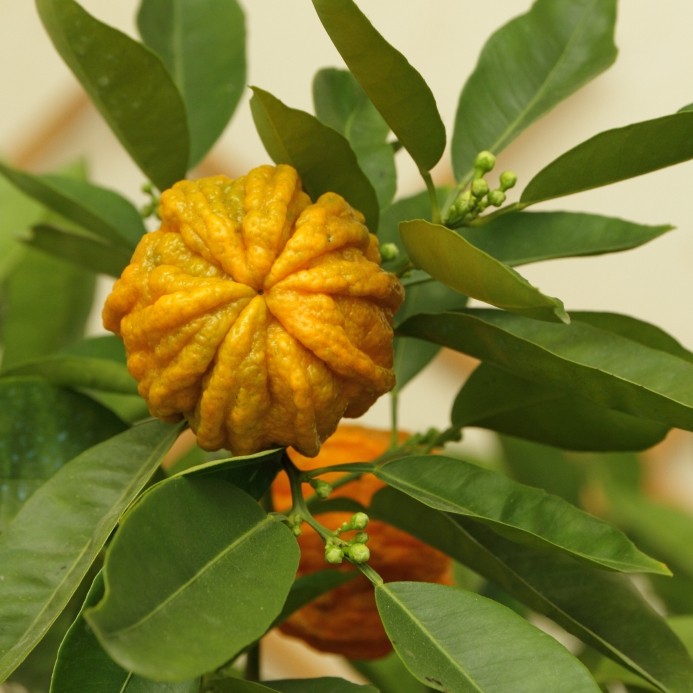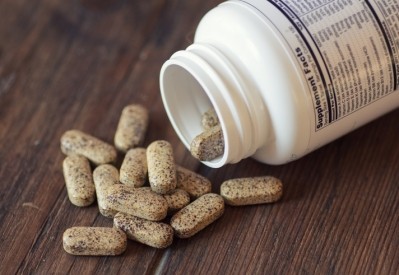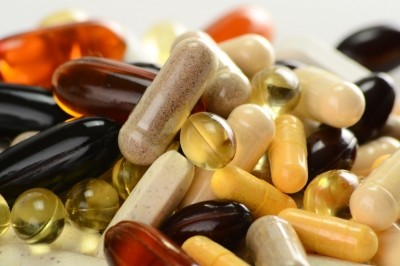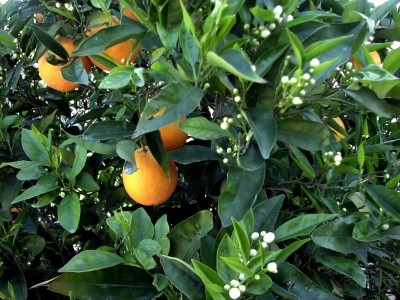‘An interesting interpretation’: Does a concentrate of an ODI need an NDI?

In a letter dated September 21 to Draper, UT-based TruVision Health LLC, the agency noted that no new dietary ingredient (NDI) notification has been received for an extract of bitter orange (Citrus aurantium) that is standardized to 30% p-synephrine, the predominant amine in bitter orange.
Bitter orange and p-synephrine are claimed to increase energy expenditure, facilitate the breakdown of fat and increase glucose uptake by muscles, and is widely used in weight management and sports nutrition supplement. The fruit is recognized by the FDA as a dietary ingredient, and the agency notes it has a history of use by man intended to supplement the diet. The natural p-synephrine content of C. aurantium is between 0.012% and 0.25%, stated the FDA in the warning letter, while concentrated commercial extracts are standardized to 4-6% synephrine.
“To the best of FDA’s knowledge, there is no information demonstrating that Bitter Orange Extract (synephrine 30%) was lawfully marketed as a dietary ingredient in the United States before October 15, 1994, nor is there information demonstrating that this ingredient has been present in the food supply as an article used for human food in a form in which the food has not been chemically altered,” wrote the agency.
“In the absence of such information, Bitter Orange Extract (synephrine 30%) is subject to the notification requirement in section 413(a)(2) of the Act (21 U.S.C. 350b(a)(2)) and 21 CFR 190.6. Because the required notification has not been submitted, your product is adulterated under sections 402(f)(1)(B) and 413(a) of the Act (21 U.S.C. 342(f)(1)(B) and 350b(a)).”
According to FDA guidance on the food side, a change in the concentration of starting materials would represent a “significant manufacturing process change”.
“We expect that there will be circumstances where a significant manufacturing process change, impacts the safety, the regulatory status, or both, of a food substance. In such circumstances, a new regulatory submission may be necessary to clearly establish the conditions under which the food substance, manufactured by a new process, is safe and lawful.”
"An interesting interpretation”
Commenting on the warning letter, Dr Daniel Fabricant, executive director and CEO of the Natural Products Association (NPA), described the warning letter as an “interesting interpretation” of the NDI draft guidance. “Bitter orange is clearly an Old Dietary Ingredient, and the Agency is stating that if it’s a concentrate of an ODI then it’s chemically altered and an NDI needs to be filed.
“There’s a secondary discussion that needs to go on here: If we concentrate rose hips for vitamin C do we need to file an NDIN? If it is only for ingredients where the agency has a safety concern then the agency should use 402f1a versus 402f1b.”
The FDA and bitter orange
FDA interest in bitter orange is nothing new. Scientists from the Agency authored an article in Toxicology and Applied Pharmacology, which found that a multi-component extract of C. aurantium may raise blood pressure and heart rate in lab animals, with the cardiovascular effects greater than those of p-synephrine, which produced only “minimal effects on heart rate and blood pressure”.
Safety
P-synephrine is not banned by WADA, the FDA or Health Canada, and the latter has concluded that 1 to 50 mg per day is “not likely to cause any adverse health consequences”.
Data from a 60 day, double-blinded, placebo-controlled trial published in Food and Chemical Toxicology indicated that extracts from C. aurantium on its own or combined with naringin and hesperidin do not pose any risks at doses commonly used by humans.
The effects were increased when caffeine was included in the mix.
However, the Agency did not reference this study in its warning letter to TruVision Health, which is available on the FDA’s website by clicking HERE.
“To the best of FDA’s knowledge, there is no history of use or other evidence of safety establishing that Bitter Orange Extract (synephrine 30%) will reasonably be expected to be safe when used as a dietary ingredient,” states the agency. “In fact, there is evidence from short term human and animal studies suggesting that the consumption of products containing a high dosage of bitter orange extract and synephrine could lead to a significant increase in systolic blood pressure, diastolic blood pressure, and heart rate.
“Similarly, products containing Bitter Orange Extract with high doses of p-synephrine and caffeine, also an ingredient in your product may be of potential safety concern. The combination of these substances is likely to enhance their potential cardiovascular effects and could contribute to a significant increase in heart rate and blood pressure.”
NDI draft guidance
The FDA’s re-issuance of its New Dietary Ingredient (NDI) draft guidance was described as a priority by Cara Welch, PhD, Acting Deputy Director of the Division of Dietary Supplement Programs at the FDA, in a recent interview with NutraIngredients-USA.
“We are absolutely going to see a revised draft NDI guidance,” said Dr Welch. “It’s a high priority for the Agency, and for the Division of Dietary Supplements to get it out. We want to clarify issues for the industry as much as industry wants them clarified.”
Justin Prochnow, a shareholder in the law firm Greenberg Traurig, told NutraIngredients-USA that, just because the FDA is still working on the draft guidance, companies are not exempt from notifying the agency when it has ingredients that were not marketed as a dietary ingredient in the US prior to October 15, 1994. “FDA has repeatedly said that the industry is woefully behind on NDI notifications.”
One of the reasons for these lower numbers is the perception that the Agency’s enforcement of NDIs has been sporadic, he said. “Unless there are safety issues, then the FDA hasn’t always acted." Indeed, the Agency was recently criticized for not acting over picamilon, and leaving enforcement of sorts to state attorneys general.
While the FDA alleges that a NDI notification is required for bitter orange extracts standardized to have elevated p-synephrine levels, some companies offering high p-synephrine extracts have self-affirmed GRAS (Generally Recognized As Safe) status for their C. aurantium ingredients, and this would “exempt them from a NDI notification”, noted Prochnow.
“Of course the FDA doesn’t have to take the company’s self-affirmed status and can disagree with it,” he added. “And a GRAS report is only for the purposes stated at the doses stated in the products stated. If a company then uses a more concentrated form, for example, then they would have to create a new GRAS report.”
















